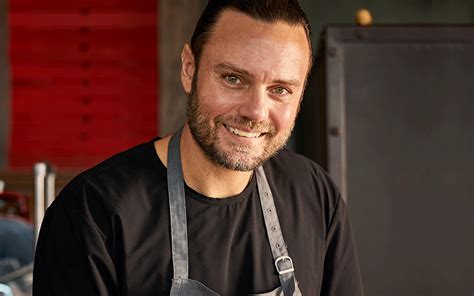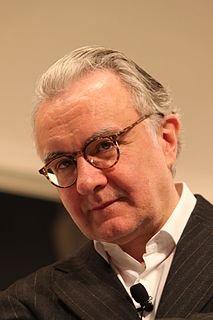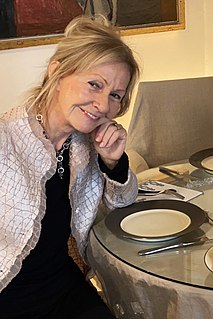A Quote by Leonard Mlodinow
French culture is known for many great attributes, some of which probably have nothing to do with food, wine, and romance.
Related Quotes
One of the most insidious myths in American wine culture is that a wine is good if you like it. Liking a wine has nothing to do with whether it is good. Liking a wine has to do with liking that wine, period. Wine requires two assessments: one subjective, the other objective. In this it is like literature. You may not like reading Shakespeare but agree that Shakespeare was a great writer nonetheless.
Taking our stand on the immovable rock of Christ's character we risk nothing in saying that the wine of miracle answered to the wine of nature, and was not intoxicating. No counter proof can equal the force of that drawn from His attributes. It is an indecency and a calumny to impute to Christ conduct which requires apology.
French women love to shop and prepare food. They love to talk about what they have bought and made. It's a deeply natural love, but one that is erased in many other cultures. Most French women learn it from their mothers, some from their fathers. But if your parents aren't French, you can still learn it yourself.
Wine has been to me a firm friend and a wise counsellor. Wine has lit up for me the pages of literature, and revealed in life romance lurking in the commonplace. Wine has made me bold, but not foolish; has induced me to say silly things, but not do them. If such small indiscretions standing in the debit column of wine's account were added up, they would amount to nothing in comparison with the vast accumulation on the credit side.
No great, inspiring culture of the future can be built upon the moral principle of relativism. For at its bottom such a culture holds that nothing is better than anything else, and that all things are in themselves equally meaningless. Except for the fragments of faith (in progress, in compassion, in conscience, in hope) to which it still clings, illegitimately, such a culture teaches every one of its children that life is a tale told by an idiot, signifying nothing.





































